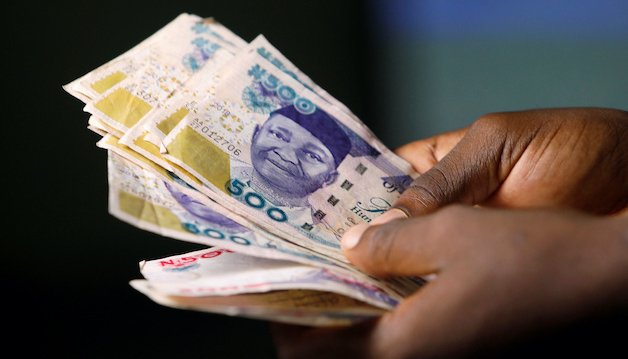Experts Deliberate on Nigeria’s Post-Pandemic Economic Outlook

Experts on Thursday deliberated on Nigeria’s economic outlook as the nation put measures in place for recovery from the disruptions caused by coronavirus.
The experts spoke at ‘The Nigeria Finance Series’, a webinar held on Thursday to discuss issues as they affect different sectors of the Nigerian economy.
During the webinar, speakers had discussions around the current state of the Nigerian economy and examined the effectiveness of the measures taken by the government and international community to limit the impact of COVID-19 in Nigeria.
Speakers present at the webinar include Dr. Sarah Alade (OON), Special Adviser to the President on Finance & the Economy (Representing the Minister of Finance); Ms. Jesmin Rahman, Chief of Mission, International Monetary Fund; Mr. Ebrima Faal, Senior Director, Africa Development Bank; Mr. Charles Robertson, Global Chief Economist, Renaissance Capital; and Head, Specialized Markets & Capital Markets Origination, Union Bank of Nigeria, Mr. Sola Olubi.
Mr Olubi moderated the session.
Details of the IMF presentation showed a surge in the Federal Government’s spending on Interest payment, while FX turnover has been on a decline.
Different panelists noted that limited fiscal policy space, Foreign exchange shortage, and exchange rate fluctuations are big challenges militating against the growth of the economy.
The International Monetary Fund (IMF) had projected that all revenue accrued to the Federal Government in 2020 would be spent on interest repayments.
On Thursday, the experts noted that interest payments take up a large share of revenues, leaving little resources for other fiscal concerns in 2020.
Also Read: Buhari’s COVID-19 Economic Plan: Old Wine in New Wineskins
Similarly, a discussant noted that Nigeria’s public debt, including Asset Management Corporation of Nigeria’s debt, stands at 29 percent of GDP; lower than the 53 percent average in other developing and emerging market economies.
Public debt is projected to reach about 37 percent of GDP this year and remains roughly around that level in the medium term
In her submission, Dr Alade said there is a Fiscal Policy Reform Committee working on the 2021 Finance Act, and she is optimistic about the growth outlook based on policy changes put in place.
| IN CONTEXT: Prior to the outbreak of the COVID-19 pandemic, Nigeria’s GDP growth was projected at between 2 to 2.3%. However, the magnitude of the impact of COVID-19 has seen the growth previously projected revised.The Nigerian government budget for 2020 was prepared on the assumption of Nigeria producing 2.18m barrels per day at a price of $57 per barrel. But global lockdowns effected in the wake of Coronavirus outbreak, heightened by a price war between Saudi and Russia, has seen prices crashing to near-zero. Today, oil prices fluctuate around $40 per barrel, amid supply glut and shrinking demand. Against the backdrop of these developments, the Nigerian government revised its 2020 budget. A new price benchmark of $30 per barrel was adopted, and capital expenditure was slashed by 20% due to shrinking revenue. The government has however maintained that it will continue to cushion the effect of low revenues on the economy through a number of fiscal and monetary policies. |








One Comment